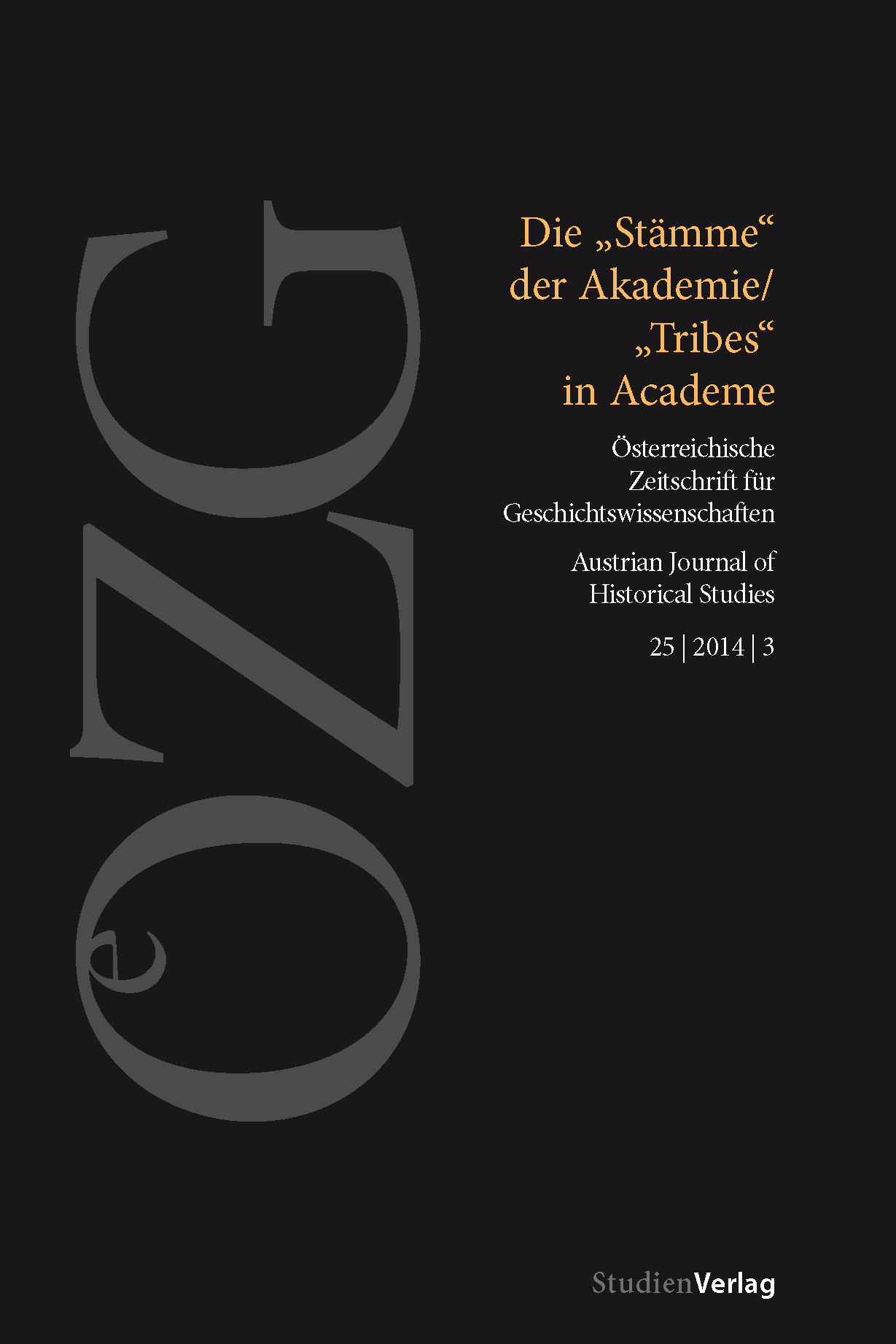Kantorowicz’s Oaths
A Californian Moment in the History of Academic Freedom
DOI:
https://doi.org/10.25365/oezg-2014-25-3-6Schlagworte:
Historiography, Cold War intellectual History, History of Universities, Ernst Kantorowicz, Edward Tolman, California Loyalty Oath, Academic Freedom, The King’s Two Bodies, EmigrationAbstract
This essay is about Ernst Kantorowicz’s stance on the anti-communist Loyalty Oath controversy at the University of California in the early years of the Cold War. Kantorowicz, who just had escaped Nazi Germany, found himself caught up in a fight between a group of so-called non-signers and the Regents of the University who tried to enforce a political oath on all faculty. In his pamphlet about the controversy Kantorowicz turned this moment of university politics into a meditation on the “fundamental issues” of academic freedom, the very character of the public office of the university professor, and the character of the university as legal corporation, which resembled his notion of a Secret Germany and anticipated aspects of his The King’s Two Bodies. After a close-reading of Kantorowicz’ pamphlet in which I analyze his understanding of the university as an idealized Arcadia of scholarship and a mythistorical reiteration of the medieval universitas magistrorum et scholarium, I finally turn to the afterlife of the Loyalty Oath controversy and its implications for our understanding of academic freedom.


